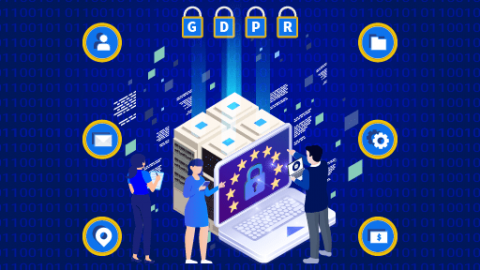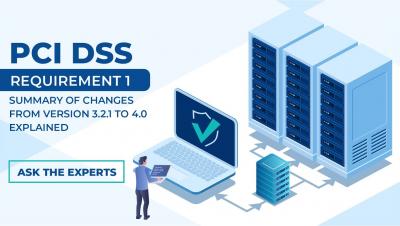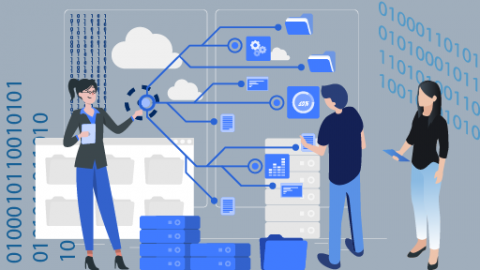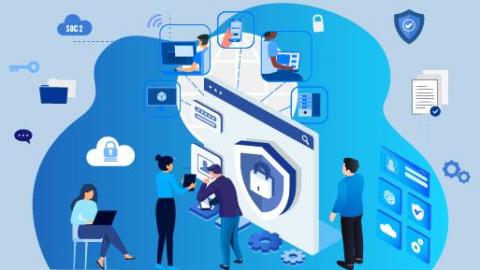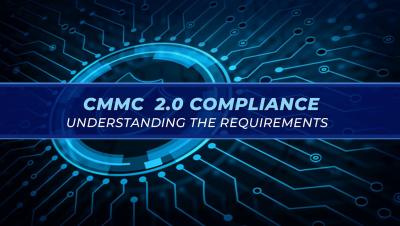CCPA Compliance Vs CPRA Compliance
The California Consumer Privacy Act (CCPA) is a law that was signed on June 28, 2018, that established and promoted the consumer privacy rights and business obligations concerning the collection and sales of personal information of citizens of California. The CCPA came into effect on January 1st, 2020. Soon after in November 2020, Proposition 24, known as the California Privacy Rights Act of 2020 (CPRA) was introduced which is soon to replace the CCPA Compliance.



